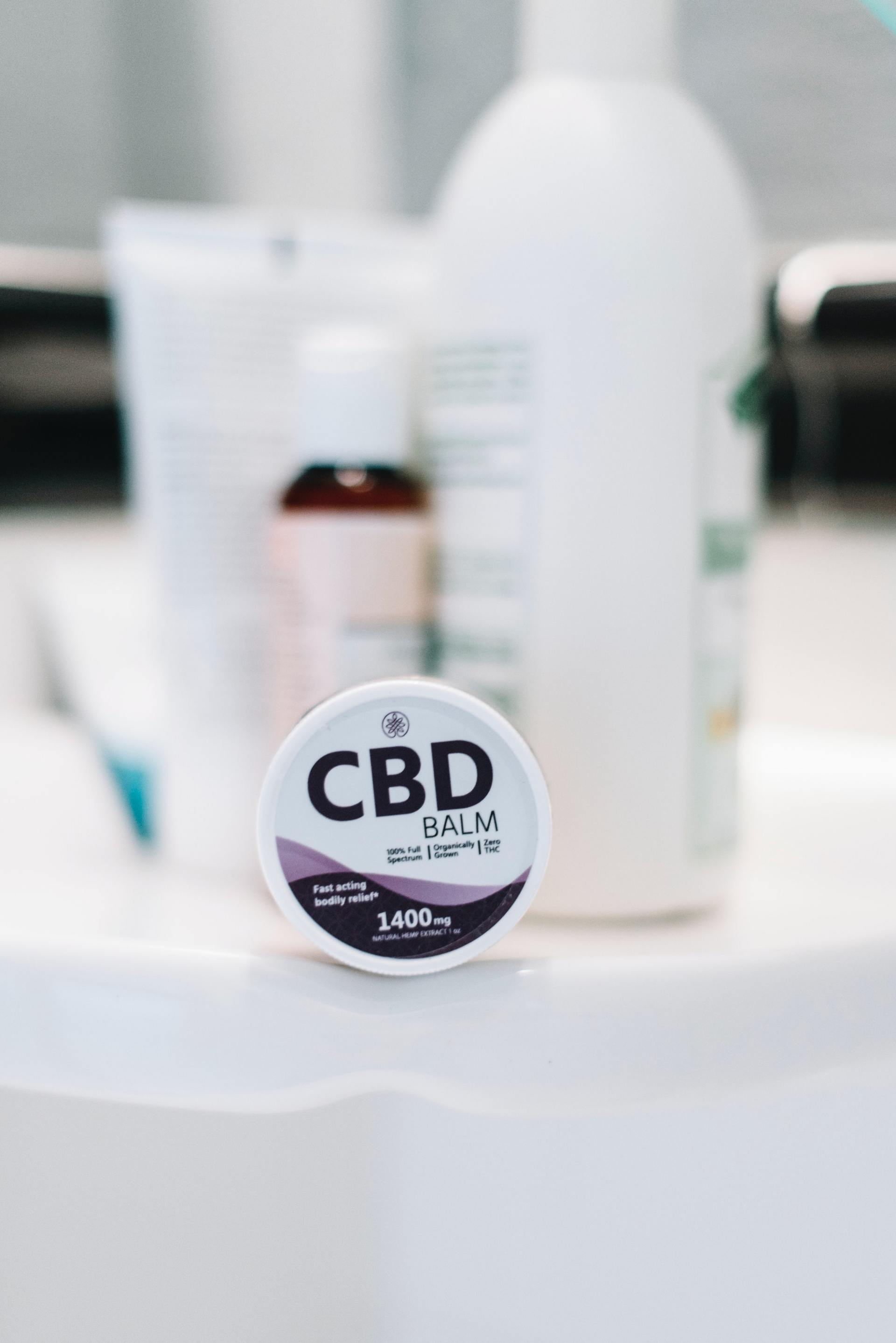Sun Spot Blog
Blog posts from the Sun Spot team.



Blog posts from the Sun Spot team.



"In these stressful times, we are happy our products make people feel good. And that makes us feel good!"
- Reggie Wise, Founder/Creator
66 Gough Street
San Francisco, CA 941021
Customer Service Email: thesunspotshop@gmail.com
All major credit card accepted.

FDA Disclosure: The statements made regarding these products have not been evaluated by the Food and Drug Administration. The efficacy of these products has not been confirmed by FDA-approved research. These products are not intended to diagnose, treat, cure or prevent any disease. All information presented here is not meant as a substitute for or alternative to information from health care practitioners. Please consult your health care professional about potential interactions or other possible complications before using any product. The Federal Food, Drug and Cosmetic Act requires this notice.
The Sun Spot Shop LLC
The Sun Spot Shop LLC
Website built on KUSHY